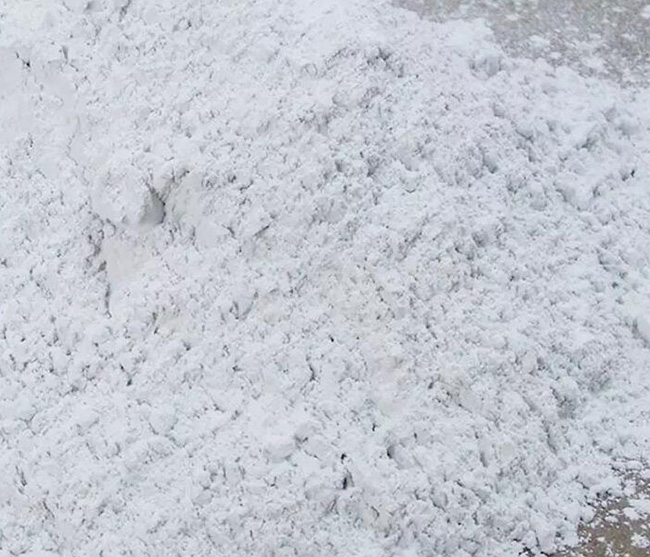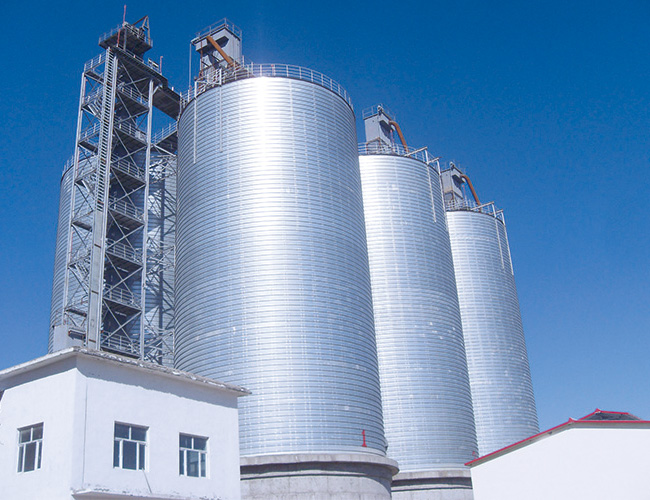Industrial application range of gypsum powder:
Gypsum belongs to the monoclinic crystal system, with a high degree of cleavage, and it is easy to split into flakes. Heat the gypsum to 100-200 ° C, lose part of the crystal water, and obtain hemihydrate gypsum. It is an air-hardening gelling material with two forms of α and β, both of which are diamond-shaped crystals, but have different physical properties. The α-type hemihydrate gypsum is well-crystallized and solid; the β-type hemihydrate gypsum is a flaky and cracked crystal with very fine crystals and a specific surface area much larger than that of the α-type hemihydrate gypsum.
When producing gypsum products, α-type hemihydrate gypsum requires less water than β-type gypsum, and the product has higher density and strength.
It is usually α-type hemihydrate gypsum, also known as high-strength gypsum, which is retorted in a saturated steam medium with an autoclave; β-type hemihydrate gypsum, which is constructed by a wok or a rotary kiln open device, that is, construction plaster.
The industrial by-product chemical gypsum has the same properties as natural gypsum and does not require excessive processing. The slurry mixed with hemihydrate gypsum and water reforms into gypsum dihydrate, which quickly sets and hardens during the drying process to obtain strength, but softens in contact with water.
Gypsum is the main raw material for the production of gypsum cementing materials and gypsum building products. It is also a retarder for Portland cement. After calcining gypsum at 600 ~ 800 ° C, adding a small amount of lime and other catalysts to grind together to obtain anhydrite cement (also known as gold cement); calcining and grinding at 900 ~ 1000 ° C can obtain high temperature calcined gypsum . The products made with these two types of gypsum have higher strength than building gypsum products, and the anhydrite binder has better heat insulation, and the high temperature calcined gypsum has better wear resistance and water resistance.

Precautions for gypsum powder storage:
Because building gypsum will cause agglomeration or decrease in strength after absorbing water, or even scrapped, it should be waterproof and moisture-proof during storage. The storage period of building gypsum is generally 3 months. After more than 3 months, the strength will decrease to varying degrees with the extension of time. Gypsum exceeding the storage period should be re-inspected for strength and used according to the actual strength.
Characteristics of gypsum silo:
1. Good air-tight performance, good waterproof and moisture-proof effect: The steel plate silo is made of special equipment for bending and biting, which can ensure the quality of any part of the silo in the process, so its sealing is particularly good and can store cement , Fly ash, gypsum powder, slag ultra-fine powder and other powdery materials are widely used in the building materials industry.
2. The inner wall of the gypsum powder steel silo is smooth, and the required thickness is larger than that of the assembly silo.
3. The gypsum powder steel silo has good corrosion resistance, and the dust will cause frictional corrosion to the silo body. However, because of its characteristics, the steel silo does not have too much pressure in storing dust, and its own dust collection function is also Contributed to the protection of the environment.
